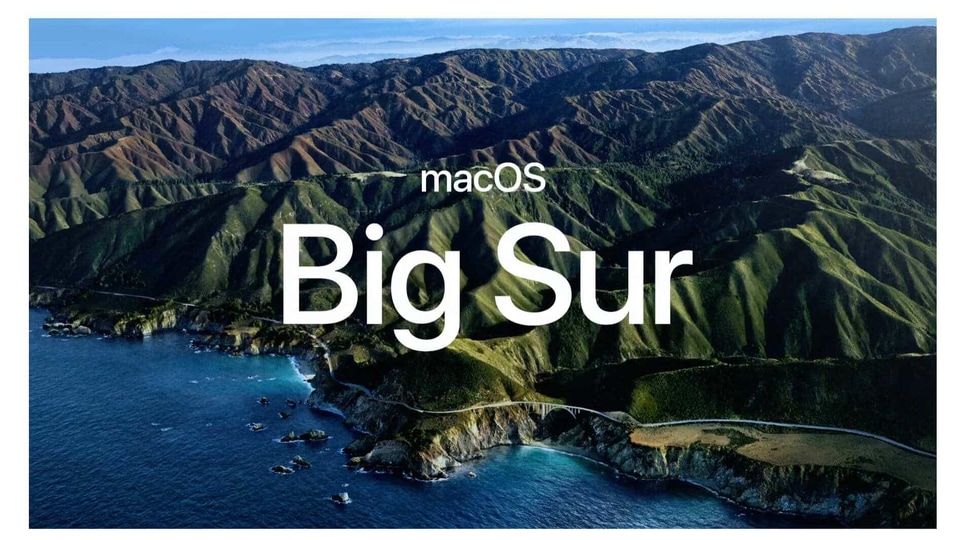Apple fixes macOS Big Sur installer storage bug that caused installation failure and data loss
The macOS Big Sur installer now checks for the storage space it needs to install the update before it attempts to install to a filled-up disk.

Last week, we reported that an issue with the macOS Big Sur updater was causing the installation to fail on some Macs, due to a lack of storage necessary to perform the upgrade. It appears that Apple has now resolved the issue on the latest macOS Big Sur installer, preventing users from losing their data.
Read more: Upgrading to macOS 11 without enough free disk space causes data loss: Report
According to Mr Macintosh, the website that first identified the issue with Apple's macOS Big Sur installer, the Cupertino company has now issued a point release with the fix in tow. In a tweet, it stated that the macOS Big Sur 11.2.1 (20D75) full installer no longer fails while updating from older macOS releases.
macOS Big Sur 11.2.1 (20D75) full installer is now available for download.
— Mr. Macintosh (@ClassicII_MrMac) February 15, 2021
I've confirmed the new installer now checks for free space properly.
This was a serious problem, and I'm glad users will no longer get caught by this issue. https://t.co/dYSuRjdd4p pic.twitter.com/ILxoKfhORn
On February 9, we reported that upgrading from a previous macOS version to Big Sur without the minimum required storage space can cause your computer to stop booting and lose your data. Users would then have to go through a long-winded process to recover their data, which you can find here. For those who had FileVault enabled, you might need another Mac to recover your data.
According to Apple's support page, you need 35.5 GB of storage space free on your Mac when upgrading from macOS Sierra or later. If you are on a previous release, you will need even more space - at least 44.5 GB of free storage. Now, when you try to upgrade to macOS Big Sur without the necessary space mentioned above the installer will simply inform you there is not enough space and tell you exactly how much additional space is required.
Don't miss: Apple's block on sideloading iOS apps on M1 Macs with macOS 11.2 looks like it's here to stay
It is good to see Apple fixing the issue, although it did take them a fairly long time to do so. According to Mr Macintosh, users were complaining about the issue since November 2020. Many had to fully erase and reinstall macOS on their machines, a problem that should not persist on the newer installer.
Catch all the Latest Tech News, Mobile News, Laptop News, Gaming news, Wearables News , How To News, also keep up with us on Whatsapp channel,Twitter, Facebook, Google News, and Instagram. For our latest videos, subscribe to our YouTube channel.

























